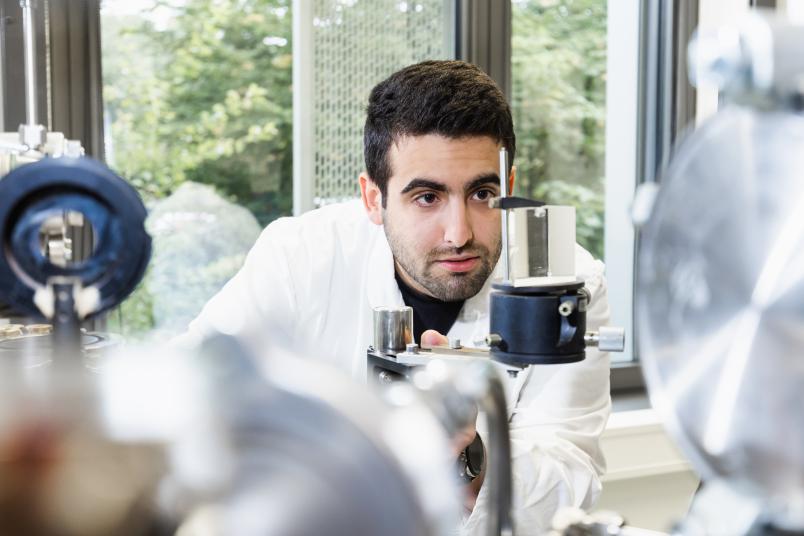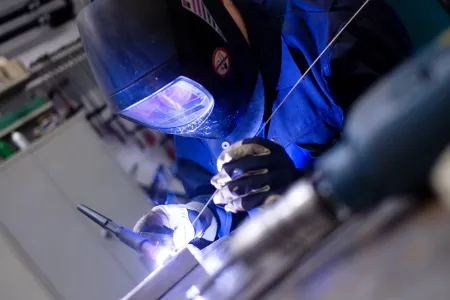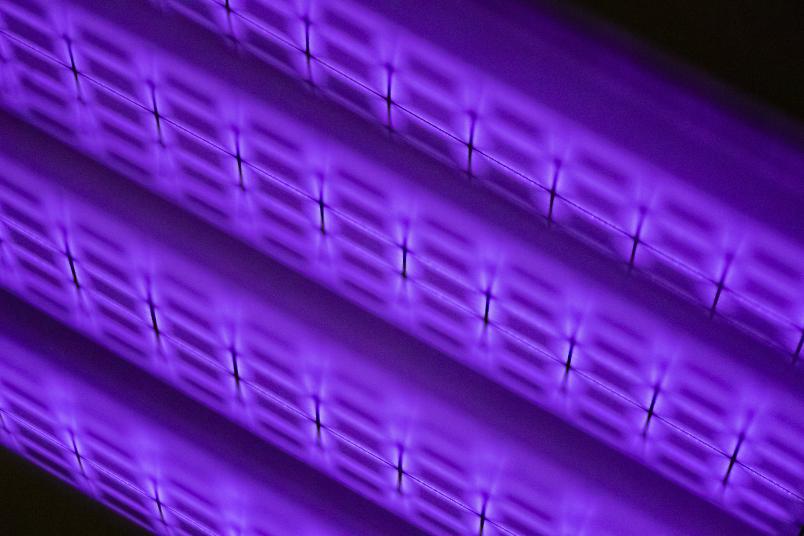
Materials Science
Abbas El Moussawi wants to tailor new materials
Abbas El Moussawi is a PhD student in the DFG Research Group 2284. He works with lasers, mirrors and cameras, analyzing what happens inside reactors that are used to create materials with new, unusual properties.
What is it that fascinates you about being involved in the production of all-new materials?
This is a research topic that relates to many pressing problems of our time. For many applications, we need new materials because the current ones are not good enough, too expensive or not sustainable. In simple terms, this means that we consider what properties a material must have for a requirement. And then we try to develop it.
For this, you have to be able to perfectly adjust the properties of the desired material. And that's where I come in: I use laser beams, or more precisely: the interactions between light and matter, to analyze the formation process in as much detail as possible. Because if I change the settings on the reactor only slightly – pressure, temperature or concentration, for example – the consequences can be enormous: The quality of the material can change. Or it can even result in a completely different material!

Then I break the problem down into pieces and work my way forward step by step.
What motivates you to come to the lab every morning?
In third grade, we were given a book about science, and I started looking through it right away, looked at the pictures and was immediately fascinated. That very feeling I had back then resurfaced when I first came to Nano-Energie-Technik-Zentrum. Something I particularly enjoy as a scientist: I have a challenge I don't yet know how to master. But I know in which direction I can start. Then I break the problem down into pieces and work my way forward step by step. I really enjoy this time when I can fiddle around – at least from the point when I know I'm on the right track.
You recently attended a conference in the USA. What did you gain from this experience as a doctoral student?
That's right, I was at the "Gordon Research Conference on Laser diagnostics in energy and combustion science". I was eager to participate since the conference was postponed during the pandemic. It felt like a scientific boot camp: I learned real-life networking on the fly. All the pioneering researchers in laser diagnostics and so many opportunities to talk with them! It was networking on scientific topics, but with the human touch. I came back with so much new knowledge, new contacts and friendships.

